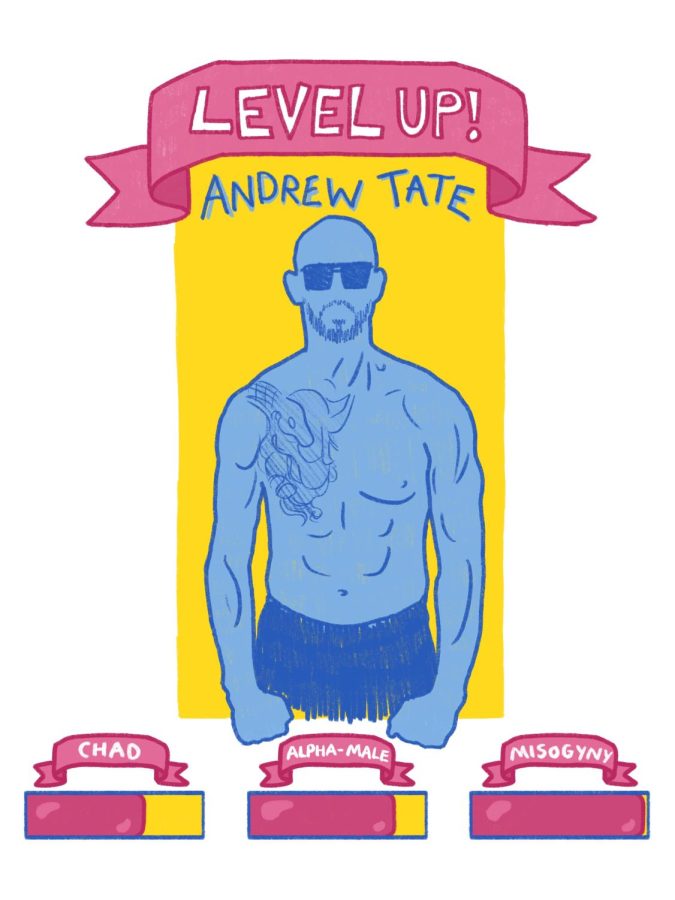Is Andrew Tate truly the epitome of modern masculinity, or is he merely a polarizing figure in today's digital landscape? A bold statement supporting this question lies in the undeniable fact that his persona has sparked global debates about relationships, gender roles, and societal norms. Whether you admire him or despise him, there’s no denying his influence on contemporary discussions surrounding marriage, family, and personal success.
Andrew Tate, known for his unapologetic stance on traditional values, often finds himself at the center of controversy. His recent posts celebrating motherhood and expressing gratitude toward his wife Katie have garnered significant attention. In one such post, he shared heartfelt sentiments about impending fatherhood: Happy Mother’s Day to my amazing wife! For years I’ve known you would be the most incredible mother, and now that our daughter is almost here, I am more confident than ever. Such declarations evoke admiration from some while raising eyebrows among critics who scrutinize his past actions and ideologies. Yet, it is undeniable that these moments humanize a figure often vilified in public discourse.
| Full Name | Jonathan Andrew Tate |
|---|---|
| Date of Birth | December 12, 1988 |
| Place of Birth | Bucharest, Romania |
| Spouse | Katie Tate |
| Children | One daughter (expected August 2024) |
| Career | Influencer, Entrepreneur, Public Speaker |
| Notable Achievements | Co-founder of several businesses; Author of multiple books on self-improvement |
| Controversies | Allegations related to human trafficking and coercion (denied by Tate); Criticism over misogynistic views |
| Official Website | andrewtate.com |
Despite his efforts to portray an idealized version of family life, detractors remain vocal about his controversial history. An ex-girlfriend identified as Sophie recounted her experiences with Tate, alleging coercive tactics used to recruit women into his webcam business operations. These claims, though denied by Tate, paint a stark contrast to the image he projects online—one where he champions fidelity and commitment within marriage. The duality between his public persona and private allegations continues to fuel heated debates across social media platforms.
Tate's influence extends beyond mere rhetoric; it permeates cultural narratives around masculinity and relationship dynamics. Critics argue that his advocacy for rigid gender roles perpetuates outdated stereotypes, whereas supporters hail him as a beacon of authenticity in an increasingly progressive world. Regardless of perspective, his ability to provoke thought cannot be overlooked. As evidenced by viral threads like those discussing whether young men should aspire to emulate his lifestyle, his impact resonates deeply within certain demographics.
Moreover, obituaries linked to individuals bearing the surname 'Tate' underscore the complexity of familial ties tied to this name. One notable mention includes Jonathan Andrew Tate, whose legacy survives through his surviving spouse Alicia. Similarly, William Thomas “Bud” Tate's obituary highlights connections spanning generations, further emphasizing how personal histories intertwine with broader societal contexts. While these references may seem tangential, they serve as reminders of the intricate web connecting individual lives to collective memory.
Amidst ongoing legal proceedings involving Tate, questions persist regarding his role in alleged criminal activities. Bodyguard testimonies suggest potential manipulation tactics employed against vulnerable women drawn into his orbit. Instances cited include promises of romance leading to exploitative situations—a narrative echoed by victims worldwide. Meanwhile, others dismiss these accusations as baseless attempts to tarnish his reputation.
As conversations evolve concerning the intersection of fame, morality, and accountability, Andrew Tate remains a focal point. His capacity to inspire devotion among followers while inciting outrage among opponents underscores the complexities inherent in modern celebrity culture. Whether viewed as a visionary leader or a divisive provocateur, his presence undeniably shapes dialogues addressing fundamental aspects of human interaction.
Ultimately, the debate surrounding Andrew Tate reflects larger societal struggles to reconcile tradition with innovation, authority with autonomy, and idealism with realism. By examining both sides of his story, we gain insight into the challenges faced when navigating contemporary relationships amidst shifting paradigms. Though opinions vary widely, few can deny the profound effect he continues to exert on global consciousness.



